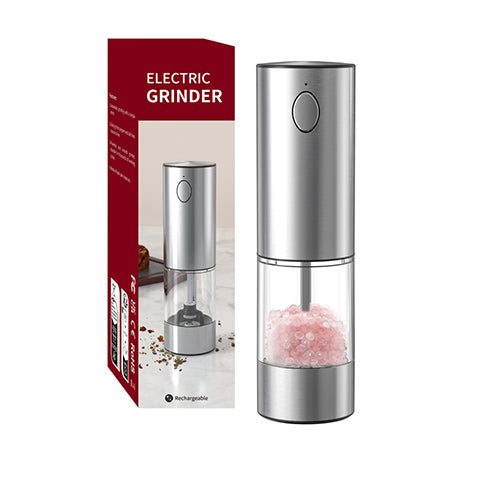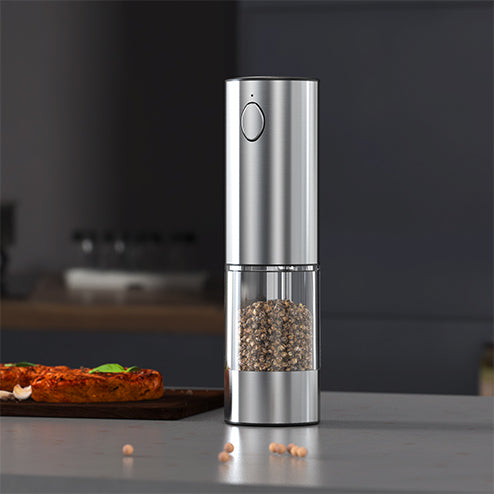Ever wondered why your morning cup of coffee keeps you alert well into the afternoon? Caffeine, the powerful stimulant found in coffee, has complex effects on our system. It can increase your blood pressure and heart rate, boost your energy, and improve your overall mood.
This article explores how long does caffeine from coffee stay in your system and delves into the factors that influence its duration. We'll also discuss how caffeine affects the brain and body, and share tips to speed up its elimination. Understanding caffeine's metabolism can help you make more informed choices about your coffee consumption and its impact on your daily life. Let's dive in!

How Long Does a Cup of Coffee Stay in Your System?
The effects and duration of coffee in the human body depend primarily on its main active ingredient, caffeine. Caffeine is rapidly absorbed into the bloodstream, with peak levels typically occurring within 15 to 45 minutes after consumption. This is why the stimulating effects of coffee are often felt almost immediately after drinking it.
As stated by the American Academy of Sleep Medicine, the half-life of caffeine — the time it takes for half of the caffeine to be eliminated from your body — is up to 5 hours. This means that if you consume a cup of coffee containing 95 milligrams of caffeine, about 5 hours later, approximately 47.5 milligrams of caffeine would still be active in your system.
How long does coffee caffeine stay in your system in total? While the stimulating effects of caffeine diminish as it is metabolized, it can take up to 10 hours for caffeine to be completely cleared from your system. In some sensitive individuals or those who metabolize caffeine slowly, this process might take even longer.
Several factors can influence how long caffeine stays in your system, including:
- Age: Older adults may metabolize caffeine slower than younger people.
- Genetics: Some people have genetic variations that make them slower caffeine metabolizers.
- Liver health: Since caffeine is processed in the liver, any liver impairment can slow down this process.
- Pregnancy: Caffeine metabolism significantly slows down during pregnancy, particularly in the third trimester.
- Medication: Certain medications can interfere with the metabolism of caffeine, either slowing it down or speeding it up.
How Does Caffeine Affect the Brain and Body?
Caffeine's stimulatory effects are well-documented, impacting both mental and physical health in multiple ways.

Brain Effects
- Stimulation of Central Nervous System: Caffeine acts mainly on the central nervous system by blocking the action of a neurotransmitter called adenosine, which normally promotes sleep and suppresses arousal. When caffeine inhibits adenosine, it increases alertness and reduces feelings of tiredness.
- Enhanced Dopamine Release:By blocking adenosine receptors, caffeine also influences other neurotransmitters like dopamine, which can enhance mood, concentration, and motivation.
- Improved Cognitive Functions:Studies have shown that caffeine can improve various aspects of brain function, including memory, mood, vigilance, energy levels, reaction times, and general cognitive function.
Body Effects
- Increased Heart Rate and Blood Pressure:Caffeine can stimulate the heart to beat faster and cause a temporary increase in blood pressure, which is why some people may feel their heart rate accelerate after consuming caffeine.
- Diuretic Effect: It can increase urine production, which in turn might lead to a more frequent need to urinate.
- Physical Performance Enhancement: Caffeine is known to enhance physical performance by increasing adrenaline levels in the blood, making it a popular supplement among athletes.
- Metabolism Boost: Caffeine can increase metabolic rate in the short term, which is why it is often included in weight loss supplements.
Tips to Speed Up the Process of Eliminating Caffeine
If you're looking to reduce caffeine's linger in your system, there are several effective strategies you can employ.
1. Increase Water Intake: Hydration can help speed up the elimination of caffeine.
2. Engage in Physical Activity: Physical activity can boost your metabolism, helping to clear caffeine from your body more quickly. Aerobic exercises like running, cycling, or swimming are particularly effective.
3. Consider Liver-Healthy Foods: Foods that support liver health can enhance your body's ability to process and eliminate caffeine.
4. Try Herbal Teas: Some herbal teas like peppermint or chamomile do not contain caffeine and can provide a soothing effect, helping you relax if caffeine has made you feel uncomfortable.
Foods and Drinks That Contain Caffeine
Caffeine isn't exclusive to coffee. Many foods and drinks contain varying amounts of this stimulant, contributing to your daily intake.

1. Tea: Contains caffeine, but usually less than coffee. This includes black tea, green tea, and white tea. Herbal teas are generally caffeine-free unless blended with caffeinated leaves.
2. Soda: Many soft drinks, particularly colas and other flavored sodas, contain caffeine. Diet versions often have more caffeine than their regular counterparts.
3. Energy Drinks: These drinks usually have a high level of caffeine, often combined with other energy-boosting compounds like taurine and guarana.
4. Chocolate: All chocolate contains some caffeine, with darker chocolate generally having more than milk chocolate. White chocolate usually has none since it contains no cocoa solids.
5. Ice Cream and Frozen Desserts: Some ice cream, particularly those flavored with coffee or chocolate, contains caffeine.
6. Weight-Loss Pills and Over-the-Counter Medications: Some of these products contain caffeine as it can boost metabolism and has diuretic properties. It's always a good idea to check the labels of products if you're concerned about caffeine content, especially if you're sensitive to caffeine or trying to limit your intake.
Conclusion
Caffeine's effects on the body are extensive and variable, influenced by individual factors and lifestyle choices. By understanding how long coffee caffeine stays in your system and recognizing its sources, you can manage its impact on your health, ensuring that your coffee habit is both enjoyable and health-conscious.









